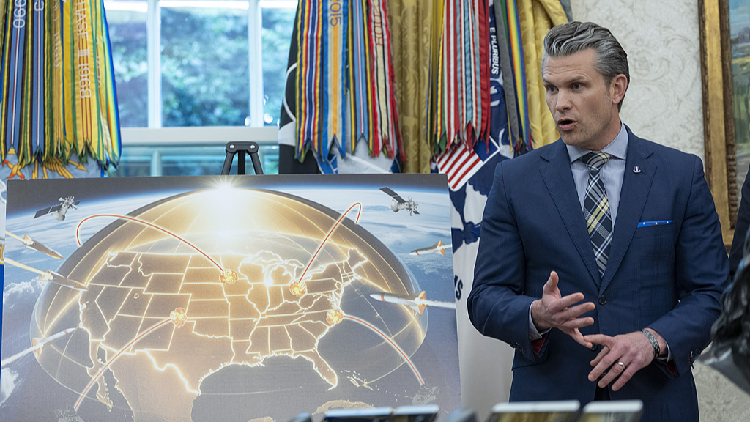DPRK Condemns U.S. Golden Dome Missile Defense Plan as 'Very Dangerous'
North Korea denounces U.S. Golden Dome missile shield as 'very dangerous' amidst escalating tensions

The Democratic People's Republic of Korea (DPRK) has issued a forceful condemnation of the newly unveiled U.S. Golden Dome missile defense initiative, labeling it as a "very dangerous" step that could ignite an arms race and destabilize international security. The DPRK's statement arrived shortly after President Donald Trump announced the $175 billion defense plan, which seeks to deploy advanced interceptors in space capable of countering a range of missile threats within a projected three-year timeframe.
DPRK officials allege that the Golden Dome system is not solely defensive in nature but part of a broader strategy to project American military power into outer space. The country's memorandum described the proposal as a "threatening initiative" and warned that such measures would facilitate U.S. offensive operations beyond Earth’s atmosphere. According to Pyongyang, the integration of allied forces into this new missile shield will only widen the scope for U.S.-led military actions, risking escalation in already volatile regions.
In particularly strong language, the DPRK claimed the missile defense project is "a typical product of 'America first,' the height of self-righteousness, arrogance, high-handed and arbitrary practice," emphasizing its view that Washington is laying the groundwork for outer space nuclear confrontation. Officials charged that the deployment of the Golden Dome system supports a U.S. agenda of "uni-polar domination" through the preemptive establishment of a space-based military infrastructure.
The memorandum further cautioned that these moves toward the militarization of space come at a time when global stability is already fragile. The DPRK warned that the unveiling of the Golden Dome system could spur other nations to develop their own space-based weaponry, intensifying an arms race and increasing the risk of miscalculation or conflict outside the Earth’s atmosphere. Pyongyang called for Washington to reconsider its approach, urging the international community to oppose what it describes as a dangerous shift in the balance of global military power.
As the United States moves forward with the Golden Dome plan, uncertainty lingers over how other world powers will respond and whether diplomatic channels can be leveraged to ease growing tensions surrounding military operations in space. Experts warn that without renewed efforts at arms control and confidence-building measures, the prospect of space militarization could become a defining challenge for the coming decade.




